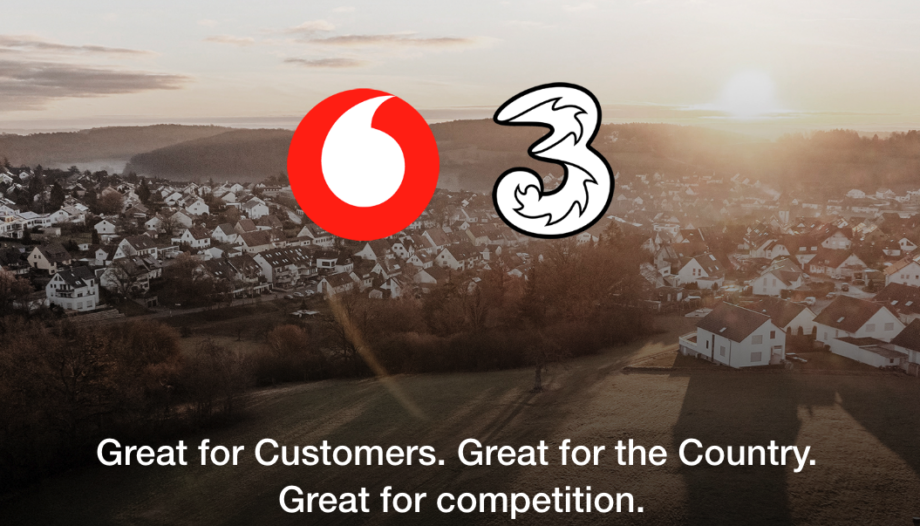Vodafone and Three merger explained: All the important details

UK mobile operators Three and Vodafone are set to merge following a deal from Vodafone and Three UK’s owners, CK Hutchison, creating the UK’s biggest mobile phone operator. But what does that mean for the UK mobile and broadband market? And more importantly, what does it mean for existing customers of the two networks?
The combined group will service a whopping 27 million mobile customers – beating the BT-owned EE as well as O2 – but it all depends on whether the deal will be approved by UK regulators.
The CMA is likely going to have concerns about the merger leading to weaker competition in the UK market, though Reuters has reported that the two companies could commit to network investments to help satisfy potential concerns.
Still, if everything goes through, the companies are looking to complete the merger by the end of 2024. If that comes to fruition, what does it mean for the UK mobile market and existing Vodafone and Three customers?
While it’s too early to say for sure, the companies have provided a good idea about their plans for the near future and it sounds promising.
What does the merger mean for Vodafone and Three customers?
Comments from Vodafone and Three suggest big things are in store for both new and existing customers of the two networks.
Upon the completion of the merger, the companies will essentially share their cellular networks to vastly improve overall coverage and reliability – a similar process to Orange and T-Mobile merging into EE back in the early 00s.
It should also allow the two companies to combine and essentially double their network capacity, which should make the networks more reliable in particularly congested places like concerts and football games where signal is usually pretty spotty.
That’s great news as it allows the merged brands to better compete with the likes of EE, a company with one of the best 4G and 5G coverage maps of all UK operators in 2023.
In fact, the companies claim that 4G and 5G coverage will come to 99% of the UK population by 2034, along with a six-fold increase in average data speeds compared to current standards. The company is talking about multi-gigabit speeds here, an exciting prospect for 5G users.
Importantly, the companies have confirmed that these upgrades will come completely free of charge, with no contract price hikes planned. There are also said to be “certain flexible, contract-free offers” and social tariffs for those not ready or able to commit to a long-term phone contract.
What about home broadband?
Of course, Vodafone isn’t just a mobile operator – it also has a range of home broadband options. Three also offers mobile broadband capabilities for those not in a fibre-connected area.
Well, the good news is that both home and mobile broadband capabilities in the UK are also set to get a boost if the merger goes ahead.
According to the two companies, 75% of households in the UK will be able to take advantage of affordable yet speedy broadband connectivity from day one of the merger, offering a combination of traditional fibre broadband and mobile broadband for those in more remote areas, with plans in place to deliver home broadband to 82% of households by 2030.
If you want to find out more about the merger, the companies have created a handy microsite that explains their plans if all goes smoothly.


